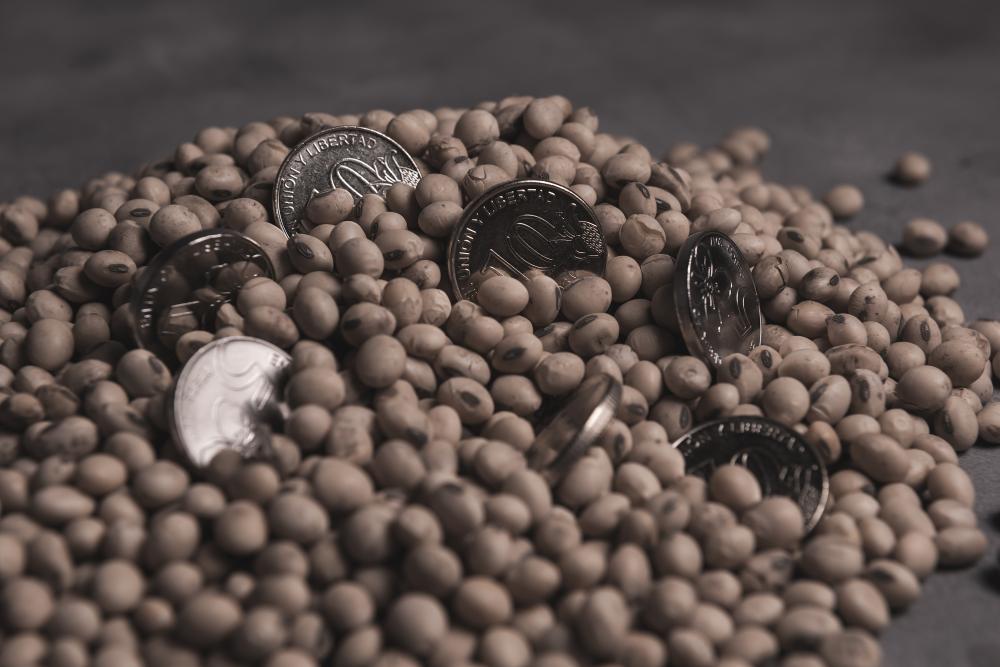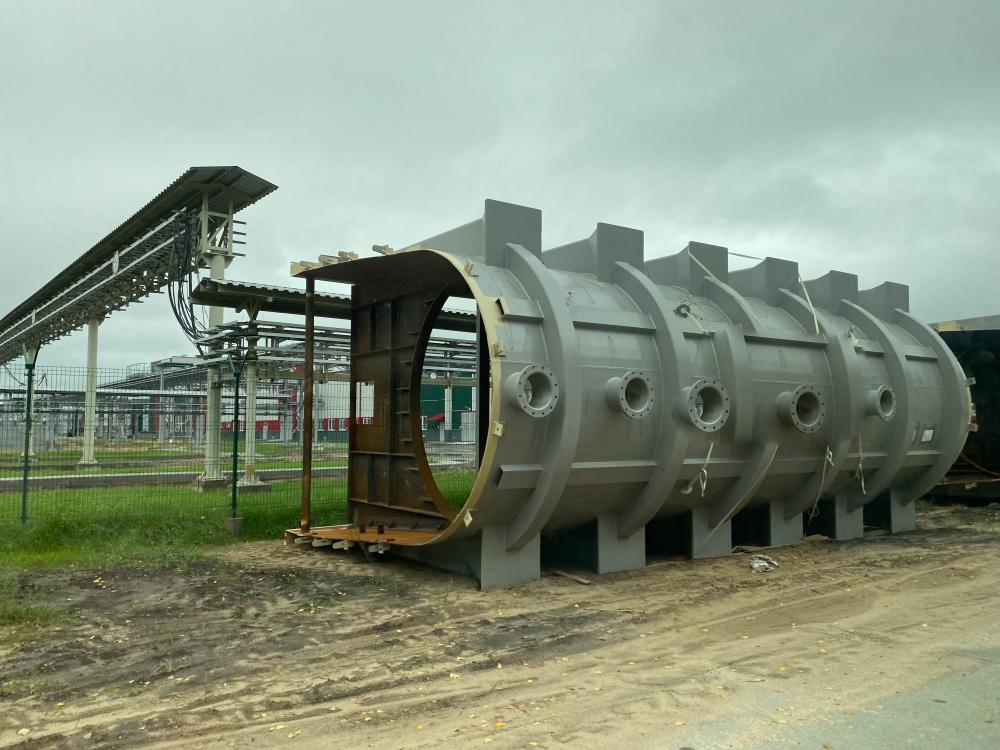Molecular Sieves

Understanding Molecular Sieves
At Research Catalysts, Inc., we are deeply engaged in the science and application of molecular sieves, which are highly porous materials with the extraordinary ability to separate molecules based on their size. This remarkable characteristic makes molecular sieves invaluable in various industrial and scientific processes, including air separation, petrochemical purification, and the drying of gases and liquids.
Our journey into the world of molecular sieves has led us to appreciate the nuances of their function and the pivotal role they play in enhancing operational efficiency and product quality in numerous sectors. We're excited to share insights from our work, hoping to illuminate the intricacies of these fascinating materials for a broader audience.
Types and Uses of Molecular Sieves
Understanding the Diversity
Molecular sieves come in several types, each with unique characteristics suited to specific applications. The types are primarily defined by the pore size of the material, ranging from 3A to 13X, which determines the size of the molecules it can adsorb. For instance, a 3A molecular sieve is adept at removing moisture from gas streams, while a 13X sieve can separate larger molecules such as aromatics.
These distinctions are critical for our work at Research Catalysts, Inc., where we tailor reactor designs and processes to the specific needs of our clients. Leveraging the right type of molecular sieve can dramatically enhance the efficiency and effectiveness of a process, whether it's in refining, chemical synthesis, or environmental protection.
Activation and Regeneration
Making Molecular Sieves Work
Activation of molecular sieves is a crucial step to ensure they perform effectively in their role as adsorbents. This process involves removing all previously adsorbed substances from the pores of the sieves by applying high temperatures. In our labs, we've observed and refined activation techniques to optimize the performance of molecular sieves for various applications.
Bringing Sieves Back to Life
Regeneration is as important as activation. Our experience has shown that properly regenerated molecular sieves can be just as effective as new ones, significantly reducing operational costs. The regeneration process, which involves heating the sieves to remove adsorbed materials, requires precise control to avoid damaging the sieve structure.
This meticulous approach to activation and regeneration underscores our commitment to sustainability and efficiency, reflecting our broader ethos at Research Catalysts, Inc.
Comparing with Other Desiccants
Molecular sieves offer distinct advantages over other desiccants like silica gel, particularly in terms of adsorption rate and capacity, especially under low moisture conditions. Their structured pores allow for selective adsorption, a property that is crucial in applications requiring high purity levels. While silica gel is beneficial for some broad-spectrum drying applications, the precise, targeted action of molecular sieves often makes them the preferred choice for specialized industrial processes.
Innovative Applications
Pushing Boundaries
At Research Catalysts, Inc., our fascination with molecular sieves extends beyond their traditional uses. We're exploring innovative applications, such as their role in capturing carbon dioxide from the atmosphere and advancing renewable energy technologies. These avenues hold the promise of significant environmental benefits, aligning with our mission to contribute positively to the planet's future.
Practical Tips for Molecular Sieve Use
Getting the Most Out of Your Sieves
From our years of experience, we've gathered some key tips for optimizing the use of molecular sieves in any setting. First, proper storage is essential. Molecular sieves should be kept in airtight conditions to prevent premature adsorption of moisture from the air. Second, selecting the correct type and size for your specific application can make a substantial difference in performance.
Lastly, always handle molecular sieves with care during the activation and regeneration processes. Maintaining the integrity of their porous structure is critical for ensuring their effectiveness and longevity.
Future Directions
Looking forward, we at Research Catalysts, Inc. are excited about the potential of molecular sieves to revolutionize industries through enhanced efficiency and environmental sustainability. Our ongoing research and development efforts aim to unlock new applications and improve existing processes, driving innovation in the fields we serve.
The versatility and efficacy of molecular sieves underscore their importance in meeting today's industrial challenges and tomorrow's opportunities. As we continue to expand our knowledge and application of these remarkable materials, we remain committed to sharing our discoveries and insights with the world, fostering progress and sustainability across industries.

What is molecular sieves used for?
At Research Catalysts, Inc., we often explain to our clients that molecular sieves are like highly selective bouncers for molecules. They're used in a variety of industrial and scientific processes to separate and remove unwanted molecules from gas or liquid mixtures. You'll find them hard at work in the petrochemical industry for drying and purifying gases, in air separation technologies, in the pharmaceutical industry for synthesizing and purifying compounds, and even in the food and beverage industry to remove impurities and ensure product stability. It's their incredible selectivity, based on the size of their pores, that makes them indispensable for achieving high levels of purity in these processes. Imagine trying to fish out only red marbles from a bag mixed with marbles of various sizes; that's essentially what molecular sieves do at a molecular level.
What is a molecular sieving?
Molecular sieving is a fascinating process, akin to filtering, but on a molecular scale. Imagine a sieve so fine that it can distinguish between molecules based on size, allowing some to pass through while blocking others. This is possible due to the porous nature of molecular sieves, which have uniform openings. When a mixture passes over or through these sieves, only molecules small enough to fit through the pores are adsorbed or trapped, effectively separating them from larger ones. This process is crucial in applications where purity and precision matter, like in the manufacturing of pharmaceuticals or the purification of gases for industrial use. It's a bit like having a highly precise colander for molecules, where only the desired size gets through.
Are molecular sieves toxic?
This is a question we get asked frequently, and it's an important one. The short answer is no, molecular sieves themselves are not toxic. They are made from materials like zeolites, which are natural or synthetic crystalline aluminosilicates known for their stability and safety in a wide range of environments. However, it's crucial to handle them properly, especially after they've been used in a process. Once they've adsorbed other substances, those substances could be harmful if not handled with care. Think of it like a sponge that's absorbed spillages; the sponge isn't harmful, but what it's absorbed could be. Safety data sheets and proper handling protocols are critical to ensure that used sieves don't pose a hazard in the workplace.
What is the role of added molecular sieves?
In many processes, adding molecular sieves can be a game-changer. Their role, simply put, is to adsorb specific molecules from a mixture, thus purifying or drying it. In a chemical reaction, for instance, the presence of water or other impurities can lead to unwanted side reactions. By incorporating molecular sieves, we can selectively remove these impurities, driving the reaction forward and improving yield. They're also added to storage tanks or containers to maintain dryness over time, protecting sensitive materials from moisture-induced degradation. It's a bit like adding a dehumidifier to a room, but on a molecular level, ensuring the conditions are just right for the process or storage requirements at hand.
How do molecular sieves compare with other desiccants like silica gel?
While both molecular sieves and desiccants like silica gel are used to remove moisture, molecular sieves offer a higher degree of specificity and efficiency, particularly under low humidity conditions. The structured pores of molecular sieves allow for targeted adsorption, meaning they can selectively remove water molecules without affecting other components of a mixture. This is particularly advantageous in applications requiring high purity levels or where the selective removal of water is critical. For example, in the drying of specialized gases or liquids, the precision of molecular sieves can outperform silica gel, making them the preferred choice for many of our clients at Research Catalysts, Inc. It's like choosing between a broad-spectrum antibiotic and a targeted therapy; the latter often yields better results in specific scenarios.
What potential environmental benefits do molecular sieves offer?
One of the areas we're particularly excited about at Research Catalysts, Inc., is the potential of molecular sieves to contribute to environmental sustainability. Their ability to selectively capture carbon dioxide from the atmosphere or industrial emissions is a game-changer in the fight against climate change. Moreover, their role in advancing renewable energy technologies, such as by improving the efficiency of biofuel production or hydrogen storage, points to a future where cleaner, more sustainable energy solutions are accessible. By enabling more efficient processes and cleaner production methods, molecular sieves can help reduce waste and emissions, making them a key player in our journey toward a more sustainable planet. Imagine a technology that not only optimizes industrial processes but also cleans the environment - that's the promise molecular sieves hold.
Resources
- Environmental Science & Technology - Types of Molecular Sieves: This resource from the American Chemical Society explores the different types of molecular sieves and their applications in environmental science and technology.
- ScienceDirect - Activation and Regeneration of Molecular Sieves: This article delves into the activation and regeneration processes of molecular sieves, providing insights into optimal techniques for maintaining their effectiveness.
- ResearchGate - Comparing Molecular Sieves and Silica Gel: ResearchGate offers a comparative analysis of molecular sieves and silica gel, highlighting the advantages of molecular sieves in various applications.
- ScienceDirect - Innovative Applications of Molecular Sieves: This resource discusses the innovative applications of molecular sieves, such as carbon dioxide capture and renewable energy technologies, showcasing their potential for environmental benefits.
- ScienceDirect - Practical Tips for Using Molecular Sieves: ScienceDirect provides practical tips for optimizing the use of molecular sieves, emphasizing proper storage, selection, and handling to maximize performance.